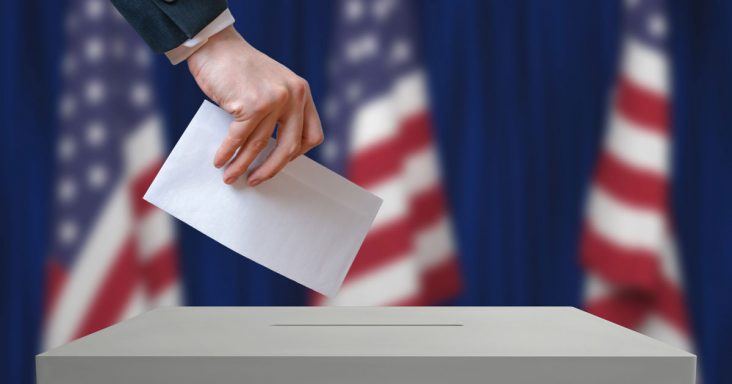Hearing on ballot signature bills lasts six hours; two bills pass
by February 17, 2025 8:23 pm 469 views

A House panel listening to a package of bills to alter signature collections for ballot initiatives lasted roughly six hours with only two bills making it out of committee.
The House State Agencies and Governmental Affairs committee heard testimony from a handful of supporters and more than a dozen opponents of SB211 and SB208, bills that require canvassers to file affidavits before signatures can be turned in for consideration and photo IDs before signing petitions.
The bills are part of a package of measures that have cleared the State Senate already. The package of bills would add requirements for canvassers collecting signatures for citizen petitions. In recent years, the initiative and referendum process, which is part of Article V of the state Constitution, has resulted in successful citizen amendments and initiatives raising the state’s minimum wage, permitting medical marijuana, and expanding casinos in Arkansas.
Lead House sponsor Rep. Kendon Underwood, R-Cave Springs, argued the bills will strengthen the integrity of the signature collection process, which he claimed is rife with invalid signatures and canvassers that act in bad faith. He said SB211 would require a canvasser to file an affidavit with the Secretary of State “certifying that the canvasser has complied with the Arkansas Constitution and all Arkansas law regarding canvassing, perjury, forgery, and fraudulent practices in the procurement of petition signatures during the current election cycle.”
The bill’s aim, he said, was to eliminate signatures forged or obtained falsely by canvassers who cut corners or skirt the law. If the affidavit is not completed properly, all of the signatures collected by that canvasser would be disqualified.
This was a point of contention from opponents of the bill, which included Democrats on the committee. Opponents complained that it was unfair to disqualify registered voters who signed ballot petitions properly but would have their signatures nullified because a canvasser affidavit was not completed accurately. Despite objections, Republican committee members passed SB211 on a voice vote.
SB208’s debate was shorter, but just as pointed.
Underwood explained the bill would require a canvasser who witnesses signatures on a petition “shall view a copy of a potential petitioner’s photo identification to verify the identity of the potential petitioner before obtaining the signature.”
The bill did not specify what identification cards would qualify, but it is spelled out in another part of the Arkansas code. Underwood said this bill would bring the same standard for ballot signatures as it does for valid voting.
Opponents of the measure relayed a number of instances where canvassers might approach potential voters who don’t have a photo ID on them, such as at a park or a grocery store. One speaker complained he would be intimidated being asked by a stranger for a photo ID.
Many of the opponents suggested the purpose of these bills, and others that will be debated later, is to make it more difficult for grassroots groups to collect signatures. Committee members pushed back and claimed their efforts are aimed at protecting the signature collection process.
SB208 also passed on a voice vote, which was confirmed by a roll call vote of 12-5. It needed 11 votes to pass.
There was initial debate on SB207, which would require a canvasser to disclose that petition fraud is a Class A misdemeanor. Lawmakers had questions about whether the penalty in the bill would be a misdemeanor or a Class D felony. There appeared to be conflicting language in the statutes. The sponsor agreed to pull the bill down to work with committee members to clarify the language regarding penalties.
More debate is expected in House State Agencies committee on Wednesday.
